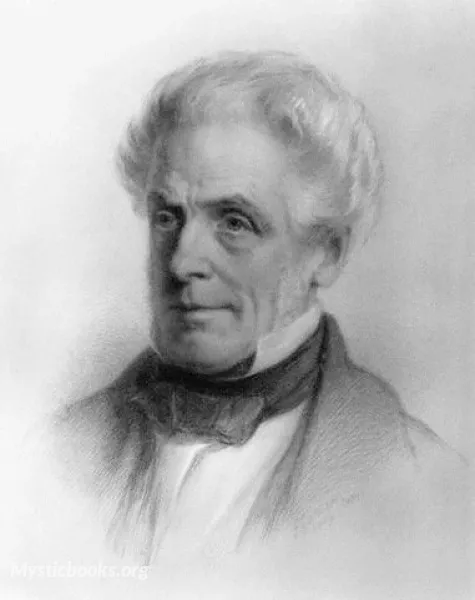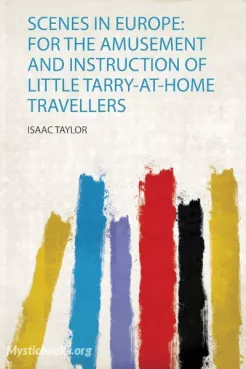
Timeline
Title
Country/Nationality
Isaac Taylor
Isaac Taylor (1787-1865) was an English Congregationalist minister, writer, and philosopher. He was born in London and educated at St. Paul's School and the University of Cambridge. In 1813, he was ordained as a Congregationalist minister and served in pastorates at Colchester, Ongar, and Stamford. He retired from the ministry in 1833 to devote himself to writing.
Principles
Taylor was a devout Christian and a staunch advocate for religious liberty. He believed that the Bible was the supreme authority on matters of faith and practice, but he also respected the right of individuals to interpret the Bible for themselves. He was a strong critic of the established Church of England and argued that it had become corrupt and worldly.
Taylor was also a champion of social reform. He believed that Christians had a duty to work for the betterment of society as a whole. He was particularly interested in the plight of the poor and the working class. He supported the abolition of slavery and the expansion of education and opportunity for all.
Famous For
Taylor is best known for his popular writings on religious and theological topics. His most famous works include:
- Natural History of Enthusiasm (1829)
- Saturday Evening (1832)
- Spiritual Despotism (1835)
- Home Education (1838)
- Ancient Christianity (1844)
- Ultimate Civilization (1860)
Taylor's writings were widely read and influential in both England and America. He was praised for his clear and concise style, his deep knowledge of the Bible, and his insights into human nature.
Notable Works
In addition to his popular writings, Taylor also wrote a number of scholarly works on theology and philosophy. His most notable scholarly works include:
- Elements of Thought (1827)
- The Process of Historical Development (1840)
- Logic in Theology (1844)
- The Restoration of Belief (1855)
Taylor's scholarly works were less widely read than his popular writings, but they were highly respected by theologians and philosophers. He is considered to be one of the most important Christian thinkers of the 19th century.
Philosophy
Taylor's philosophy was rooted in his Christian faith. He believed that God is the creator and sustainer of the universe and that human beings are created in God's image. He also believed that the Bible is the revelation of God's will to humanity.
Taylor was a rationalist and believed that human reason can be used to understand God and the world. He also believed that faith and reason are compatible. He argued that faith is the acceptance of truths that cannot be proven by reason, but that reason can be used to defend and explain these truths.
Taylor's philosophy was influential in the development of the Evangelical movement in England and America. He helped to promote a more rational and intellectual form of Christianity.
Death and Legacy
Taylor died on June 19, 1865, at the age of 78. He is buried at Stamford Cemetery in Stamford, Lincolnshire, England.
Taylor is remembered as one of the most important Christian thinkers of the 19th century. His writings on religious and theological topics were widely read and influential. He was a champion of religious liberty and social reform. He also helped to promote a more rational and intellectual form of Christianity.
Interesting Fact
Taylor was a gifted linguist and could speak and read multiple languages, including Hebrew, Greek, Latin, and French. He also had a deep knowledge of classical literature and philosophy.
Conclusion
Isaac Taylor was a complex and fascinating figure. He was a devout Christian, a gifted writer, a deep thinker, and a social reformer. His writings continue to be read and studied by people all over the world.
Books by Isaac Taylor

Scenes in Europe, for the Amusement and Instruction of Little Tarry-at-Home Travellers
Imagine traveling to Europe without leaving your home! Scenes in Europe, for the Amusement and Instruction of Little Tarry-at-Home Travellers by Isaac Taylor is a delightful children's book that takes readers on a journey through Europe, from the bu...